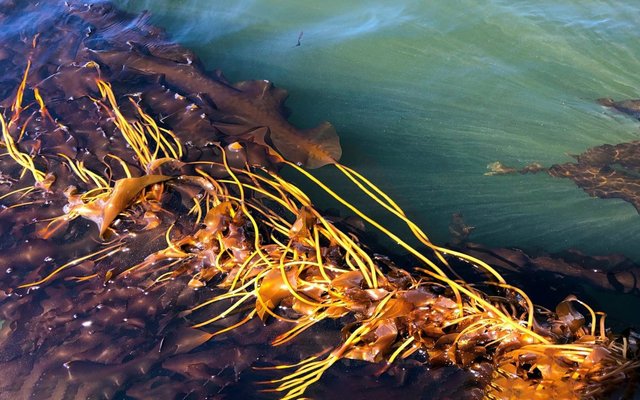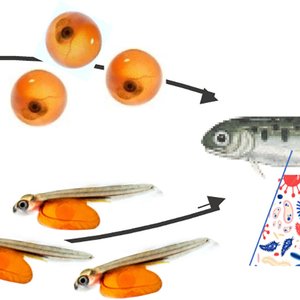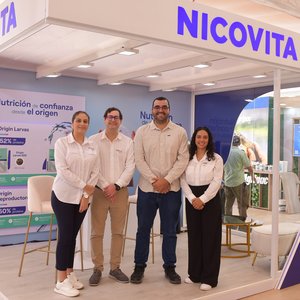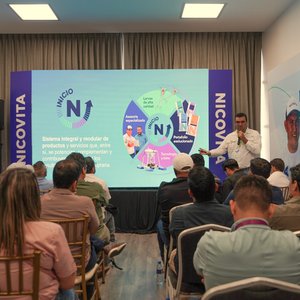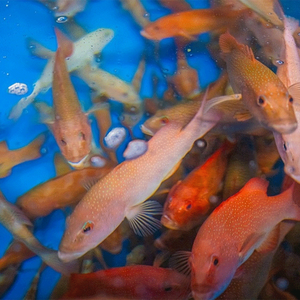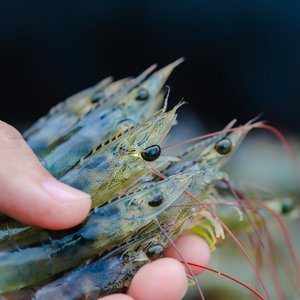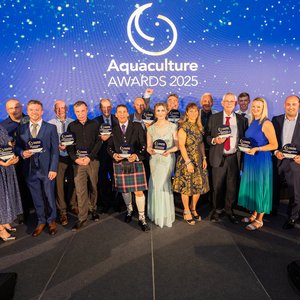Woods Hole Oceanographic Institution (WHOI) is embarking on a study of how new seaweed strains could further enhance the burgeoning seaweed industry and offer solutions to some of the world’s pressing challenges. The research is funded in part by World Wildlife Fund (WWF) with support from the Bezos Earth Fund.
WHOI’s Scott Lindell, a research specialist in aquaculture technology, leads the research project to develop seaweed strains for commercial use. The project will test the performance of superior sugar kelp strains on farms and measure the yield and quality of the new strains.
With funding over the next 2.5 years from WWF, the team plans to conduct two breeding and harvesting seasons from 2021-2023, on commercial partners’ farms in the Northeast US. By identifying different strains, they will match specific traits to meet targeted needs, such as taste and texture. Partners will take part in breeding and nursery practices with the goal of amplifying and testing new kelp varieties jointly developed by WHOI and the University of Connecticut with funding from the U.S. Department of Energy.
The overarching goal is to examine genetic and environmental influences on kelp strains, compare the strains by “traits” (color, taste, shelf life) to meet the industry and consumer needs, and train hatchery operators on how to grow “seed” year-round. Long-term, the hope is for strong industry partnerships, and to create faster, better-growing strains.
“Much of this new-found interest is fueled by seaweeds’ climate-friendly qualities and the restorative properties associated with seaweed farms; absorbing excess carbon and nitrogen, buffering coastal pH, providing habitat and sheltering coastlines,” Lindell said. “With this timely investment, we plan to collaborate with the kelp farming industry at a critical stage of its development and help them adopt modern plant breeding methodologies and hatchery techniques.”


